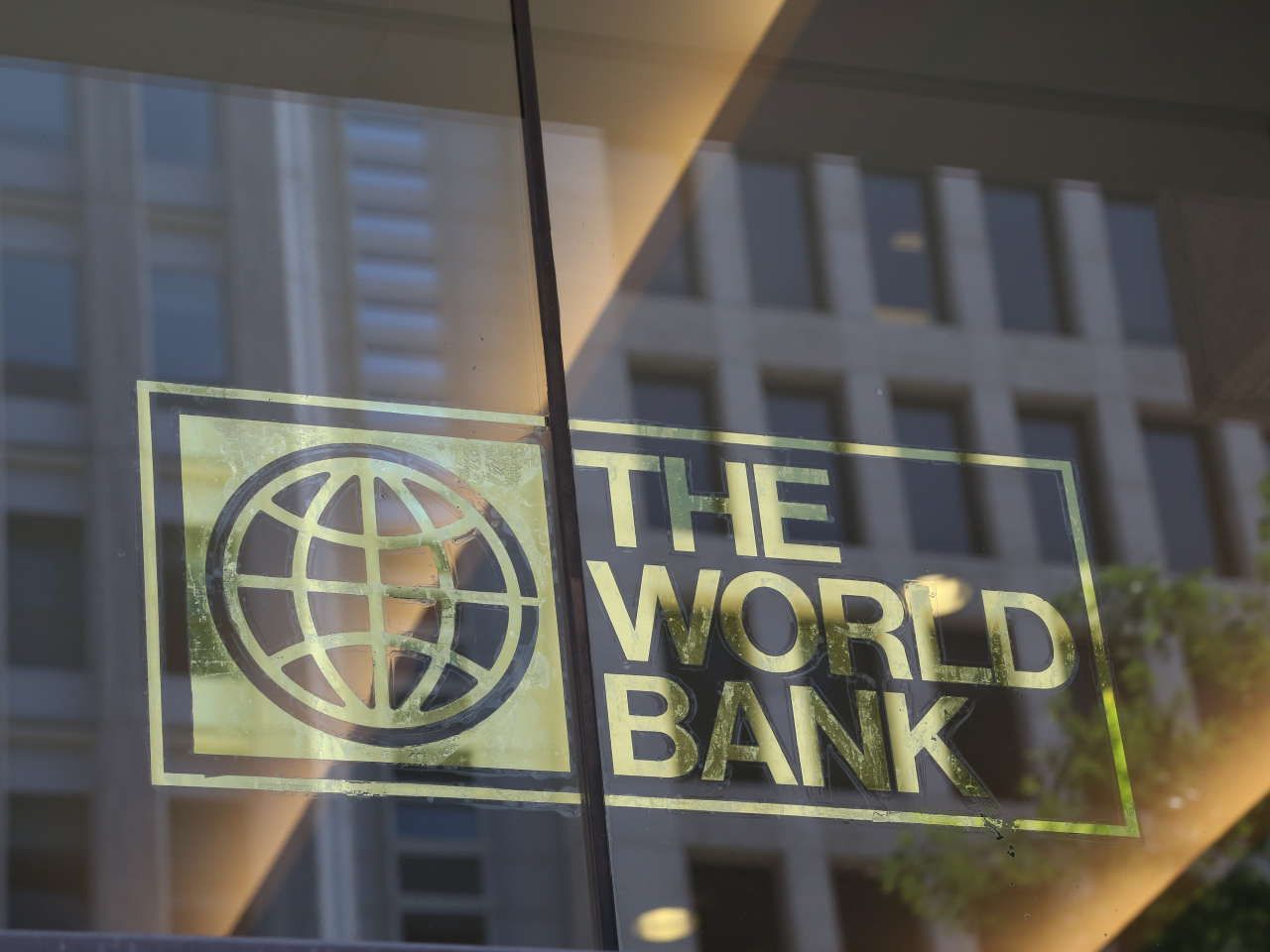World Bank ends nuclear funding ban for devoloping countries

The World Bank has lifted its 2013 ban on financing nuclear energy projects in developing countries, President Ajay Banga announced following a board meeting, Azernews reports, citing the Kazinform News Agency.
“While the issues are complex, we’ve made real progress toward a clear path forward on delivering electricity as a driver of development,” Banga said.
The bank will now support efforts to extend the life of existing nuclear reactors, upgrade power grids, and explore small modular reactor technology. Banga highlighted that electricity demand in developing countries is expected to more than double by 2035, requiring over $280 billion in annual investments.
The United States, the World Bank’s largest shareholder, had advocated for ending the nuclear funding ban. While board members agreed on supporting nuclear energy, divisions remain over backing upstream natural gas projects.
Banga confirmed the World Bank will collaborate closely with the International Atomic Energy Agency (IAEA) to ensure nuclear safety, regulation, and non-proliferation safeguards.
He emphasized that the bank’s revised energy strategy enables countries to choose their optimal energy mix—whether solar, wind, hydro, gas, or nuclear.
“Net zero does not mean fossil fuel free. It means, still, that there will be 20% energy coming from fossil fuels,” said Barbados Prime Minister Mia Mottley. “We know natural gas is that clean fuel.”
The World Bank will continue supporting coal plant retirements and industrial carbon capture but will not fund enhanced oil recovery projects.
Here we are to serve you with news right now. It does not cost much, but worth your attention.
Choose to support open, independent, quality journalism and subscribe on a monthly basis.
By subscribing to our online newspaper, you can have full digital access to all news, analysis, and much more.
You can also follow AzerNEWS on Twitter @AzerNewsAz or Facebook @AzerNewsNewspaper
Thank you!

